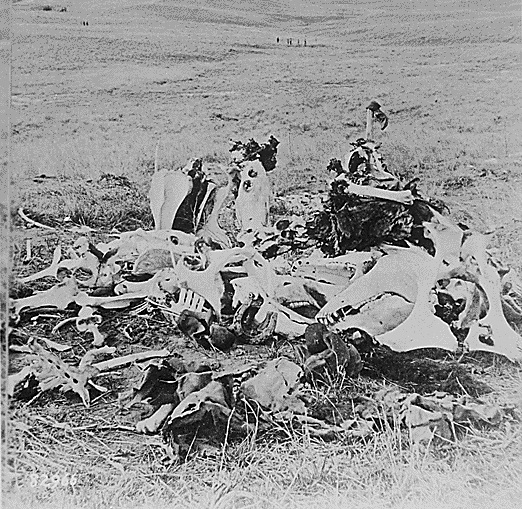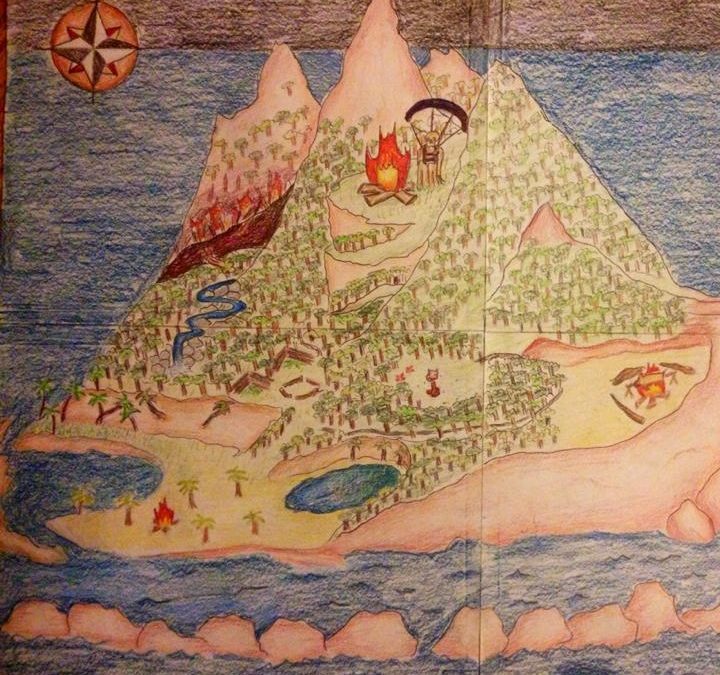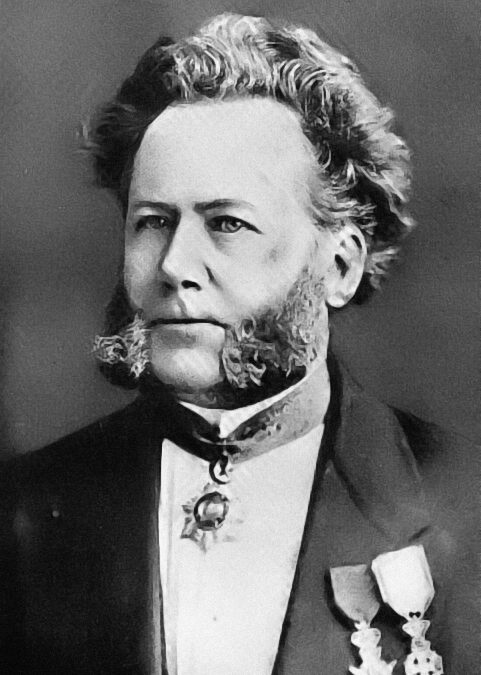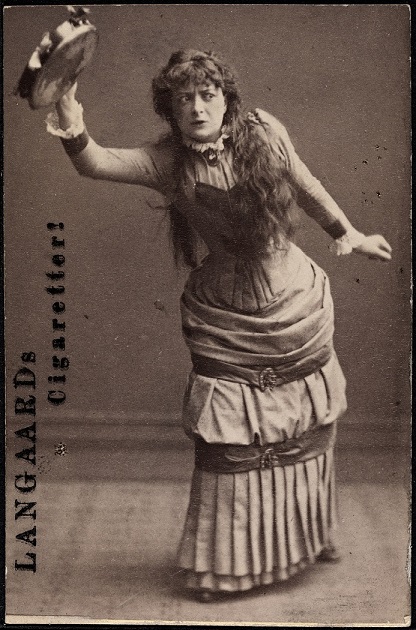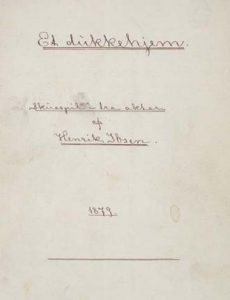
“Fishering,” by Brian Doyle
“…I think maybe there is much…
The art of Brian Doyle
Brian Doyle (1956-2017) had the gift.
“Fishering” is an obscure, potent piece from his pen that gives me a double whammy: something like a child’s innocent joy of discovery, and something like the experienced master’s startled awareness of a new way of understanding…
Doyle, almost tenderly, pulls back the curtain on a scene of brutal splendor, of nature red in tooth and claw, of the mysterious reality of survival that we humans rarely face, of the beauty of power that does violence without evil in an unresisted cycle of life and death:
“I think maybe there is much
where we think there is nothing.”
Brian Doyle
He was an author and editor of Portland Magazine at the University of Portland
from “Fishering,” in the March 6, 2006, issue of High Country News
Doyle’s story just draws in the horizons until I am in a small space, contemplating a feat of nature that is alien, but beautiful…I guess I hope I never see a ferocious fisher face to face, I’m not too sure I could calmly sit down and watch it as Brian did, but the monumental fleeting truth is that I wish I could do what he did and see the thing, out there, and have a wonderful, fearful, essential moment of contact to remember…I want to try to be open to the moments in life when there can be much, instead of nothing…
For your delectation, read this excerpt of:
“Fishering” by Brian Doyle
“In the woods here in Oregon there is a creature that eats squirrels like candy, can kill a pursuing dog in less than a second, and is in the habit of deftly flipping over porcupines and scooping out the meat as if the prickle-pig were merely a huge and startled breakfast melon.
“This riveting creature is the fisher, a member of the mustelid family that includes weasels, otter, mink, badger, ferrets, marten, and — at the biggest and most ferocious end of the family — wolverine…
“…Suffice it to say that I have been much graced in these woods, but to see a fisher was not a gift I expected. Yet recently I found loose quills on a path, and then the late owner of the quills, with his or her conqueror atop the carcass staring at me.
“I do not know if the fisher had ever seen a human being before. It evinced none of the usual sensible caution of the wild creature confronted with homo violencia, and it showed no inclination whatsoever to retreat from its prize. We stared at each other for a long moment and then I sat down, thinking that a reduction of my height and a gesture of repose might send the signal that I was not dangerous, and had no particular interest in porcupine meat. Plus, I’d remembered that a fisher can slash a throat in less than a second.
“Long minutes passed. The fisher fed, cautiously. I heard thrushes and wrens. I made no photographs or recordings, and when the fisher decided to evanesce I did not take casts of its tracks, or claim the former porcupine as evidence of fisherness. I just watched and listened and now I tell you. I don’t have any heavy message to share. I was only a witness: Where there are no fishers, there was a fisher. It was a stunning creature, alert, attentive, accomplished, unafraid. I think maybe there is much where we think there is nothing. Where there are no fishers, there was a fisher. Remember that.”
* * * * * *
Copyright © Richard Carl Subber 2018 All rights reserved.
My first name was rain: A dreamery of poems with 53 free verse and haiku poems,
and the rest of my poetry books are for sale on Amazon (paperback and Kindle)
and free in Kindle Unlimited, search Amazon for “Richard Carl Subber”
-
The Black Canyon of the Gunnison
“…high above that wild width…”
(my poem)
For a change of pace,
read this book review
of one woman’s desperate childhood,
The Homeplace by Marilyn Nelson
* * * * * *
